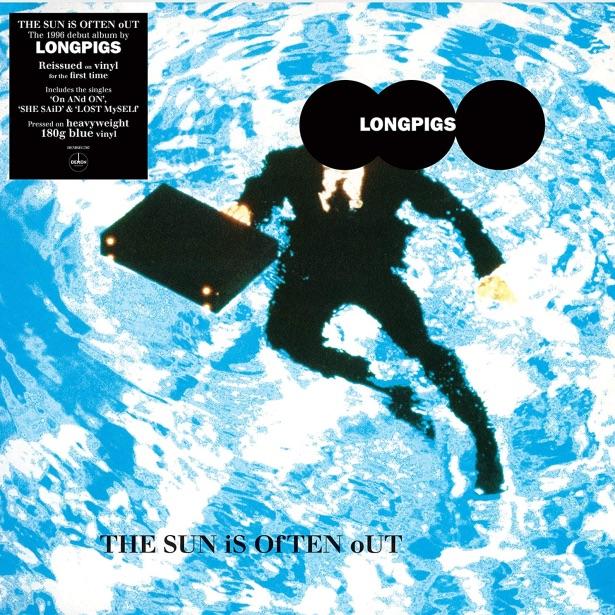
Britpop.
The reaction you’ll have to that word will vary; your eyes may go moist at the thought of simpler times, of your personal heroes being beamed into homes and on to front pages. Of some great music, several great bands and a palpable sense of excitement or pride.
On the other hand, you may sneer at the ultimately meaningless word (British pop doesn’t and shouldn’t reflect a handful of bands from a specific period of time), and cringe at the mod cuts, the Fred Perrys and the overbearing laddishness.
You may find yourself somewhere in the middle, but you’ll have a reaction of some sort.
A fact that has been somewhat lost in the mists of time is how few artists readily attached themselves to the ‘scene’: Blur championed it, used it to their advantage, then quickly moved on, but the Colchester art-poppers aside, one struggles to recall an act proudly declaring themselves ‘Britpop’.
Longpigs wanted nothing to do with it, although their story is perhaps the most typical of the era and time. They burned brightly and impressively, signing to U2’s label, before struggling to sustain momentum and eventually disbanding. The four-piece had a degree of success in America and pursued it, which was ultimately their undoing, as second album Mobile Home struggled to make the impact of their debut. Stripped of context and environment, The Sun Is Often Out has been reissued on vinyl for the first time, so we can judge the album based purely on the music.
Time has been kind: opening track Lost Myself is a brave opener, starting woozily before adopting the loud chorus approach, sounding both ragged and mighty as singer Crispin Hunt works through his range. But it’s a mere aperitif to what follows – three classic singles. She Said is held together by a nagging piano throughout and Richard Hawley aping Graham Coxon on laconic guitar (interestingly, Hawley is the only member of the four-piece not to contribute on vocals), and which turns in on itself for a Beatles-’67 bit of inversion on the middle eight. Wonderfully insolent.
Far was their most poptastic moment (and for that reason, sat uncomfortably with Hunt) with a joyful chorus (‘Far and I’m in love again’), but features ferocious drum work. It undeniably recalls a more naïve, idealistic time but also, like all great pop singles, has stood the test of time. It’s perhaps surprising that On And On resonated moreso on the other side of the Atlantic. It’s heartfelt, profoundly moving, but full of lyrical bravado. It’s dressed as a ballad but is about the lesser-written about parts of love; consciously wanting to end a relationship, albeit with a heavy heart (‘and I wish you didn’t need me, and I wish I didn’t love you so’). The track oozes class, proving Hunt was a better lyricist than he was ever given credit for.
The album struggles to hit such high standards again, but there’s still much to appreciate: Happy Again flirts with funk (albeit with strained indie guitars), while Jesus Christ is crisp and stifling with a sky-scraping chorus. Sally Dances manages to fuse the main two guitar genres of the 1990s, starting quite moodily with a guitar line reminiscent of Nirvana’s Come As You Are, before delivering a chirpier chorus that wouldn’t be out of place on Parklife. Despite featuring a quasi-rap towards the end, Elvis could be a Small Faces single, and while Dozen Wicked Words is primarily a companion piece to On And On (pulling on the same musical heartstrings), it does contain some experimentation in the form of a hazy outro.
The legacy of The Sun Is Often Out is largely ignored, but is undeniable. It was the first stop on Richard Hawley’s now long career, while the chances are you’ll be surprised at how many Crispin Hunt-written songs you know (Lana Del Ray, Florence + The Machine and Ellie Goulding are among his many credits).
This reissue is a welcome opportunity for re-evaluation.

